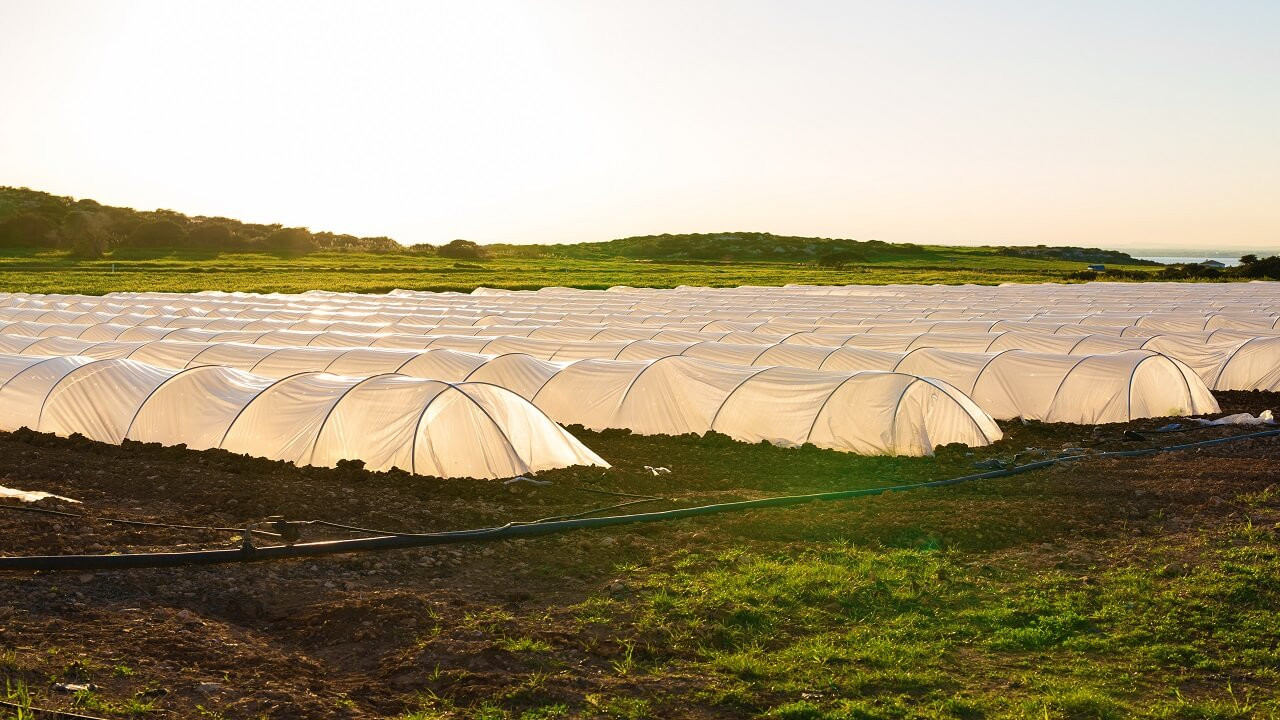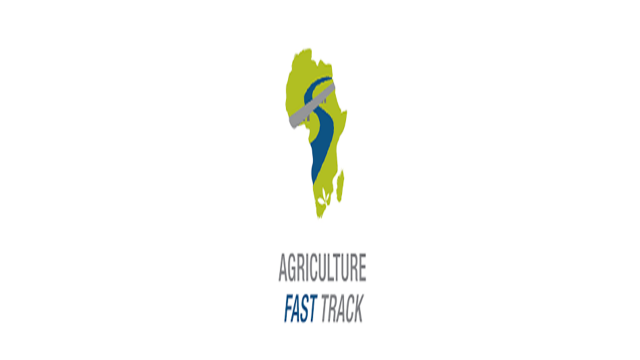
Agriculture 4.0 and VPN Data Plan Usage
October 4, 2022, 8:25 am
The future of agriculture is the marriage of agriculture and internet technologies.
This is part of the concept of Agriculture 4.0
So, what is Agriculture 4.0?
Agriculture 4.0
Agriculture 4.0 refers to all actions that are carried out in agriculture based on precise and accurate analysis of data and information collected and transmitted through advanced tools and technology.
The aim of Agriculture 4.0 is to offer the most extensive and precise support to farmers in the decision-making process related to their activity and the relationship with other parties in the supply chain.
The ultimate goal of Agriculture 4.0 is to increase economic, environmental, and social sustainability – as well as profitability – of agricultural processes.
Two of the biggest tools of Agriculture 4.0 are the use of Internet of Things (IoT) and Big Data.
Internet of Things (IoT)
This technology enables a variety of tools (e.g. drones, sensors or satellites) to connect and communicate with each other in order to exchange information as well as data useful for improving crop development conditions.
Big Data
The concept of Big Data refers to all the information and data generated by various technologies and that will assist in making more efficient decisions during the production process.
As a result, these datasets are very different since they originate from different sources and must be processed by artificial intelligence to provide practical answers to certain problems.
The internet will have a big role to play in the future of agriculture and you have to know how to maximize this vital resource.
Speaking of maximizing the internet, if you want to use the internet effectively and efficiently, you need to be using a VPN (virtual private network).
What is a VPN?
A virtual private network is an arrangement whereby a secure and private internet connection is achieved using encryption over a public internet connection.

At a basic level, if you activate a VPN when you use the internet, it can provide two key benefits:
- Privacy — by masking things like your IP address, location, and search history, to keep them from being tracked by websites, internet browsers, cable companies, internet service providers (ISPs), and others.
- Security — by helping protect your personal information and other data as it’s in transit, or being sent from and received by your device.
Benefits of VPN
But that’s not all a VPN can do for you. A VPN can also help you in these seven ways:
1. Escape data-throttling
Data throttling occurs when you’ve used a certain amount of your data and, as a result, your network or internet service provider slows down your service. With a VPN, not only will your data be free from the prying eyes of ISPs and others, but you also won’t be subject to a data cap. ISPs can place caps on data to maximize internet speed for some of their customers.
2. Avoid bandwidth-throttling
If you’ve experienced slower internet speed on certain websites and at different times, you may have experienced bandwidth throttling. ISPs — or anyone with administrative controls over your network — might be responsible for the slowdown. A VPN can help. It can thwart the sluggishness by encrypting your device’s internet traffic. This prevents anyone on the same network from seeing the content of your web traffic and disguises its destination.
3. Access region-blocked services and content like Sports and Movies
Some VPNs may be able to access geo-blocked content such as Netflix and other providers. How? A VPN can change your IP address to make a content provider think you’re browsing in another location or region that allows access.

Note: Always check the Terms of Service agreements to find out what’s permitted by your streaming service and follow those guidelines. Also, be mindful that some countries may have penalties for using VPN to circumvent its rules
4. Offer cheaper leased-line alternatives
A VPN can offer certain savings for businesses, in particular. For example, through VPNs, businesses may be able to bypass renting expensive network capacity lines that achieve connectivity between office locations. Instead, they could connect via public infrastructure through cheaper local leased lines or broadband connections through a local ISP.
5. Offer cheaper long-distance telephone charges
A VPN may be able to reduce long-distance phone charges. For example, instead of connecting via remote access servers and dial-up networks to access a company's intranet, you could connect to your local ISP access point.
6. Provide network scalability
As organizations grow, so do the costs of building a dedicated private network. Internet-based VPNs can allow businesses to tap into network lines and network capability already available, potentially giving remote and international locations in particular better reach and service quality.
7. Reduce support costs
Using a VPN may help a business reduce the cost of maintaining servers, because support can be outsourced to third-party service providers who can support a lower cost structure due to their many clients.
If you would like to use a VPN to maximize the internet for yourself, we recommend you use Atlas VPN.

Atlas VPN has over 11,000,000 installs on all platforms (phones, laptops, tablets) and they support Linux operating system too.
To learn how to start using Atlas VPN and how you can enjoy all the amazing benefits of VPN mentioned above, check them out












Share This Article: